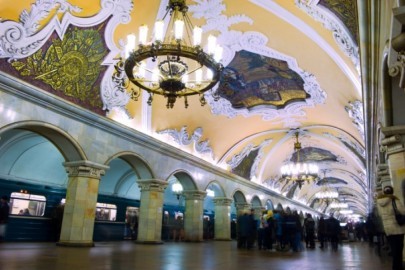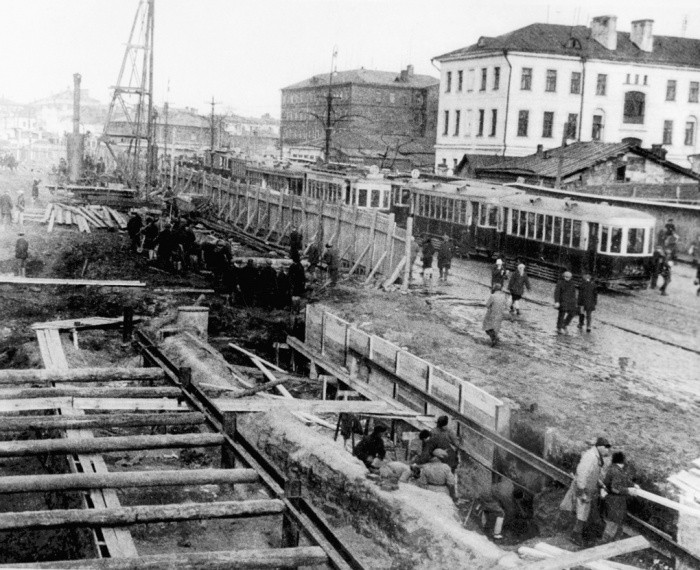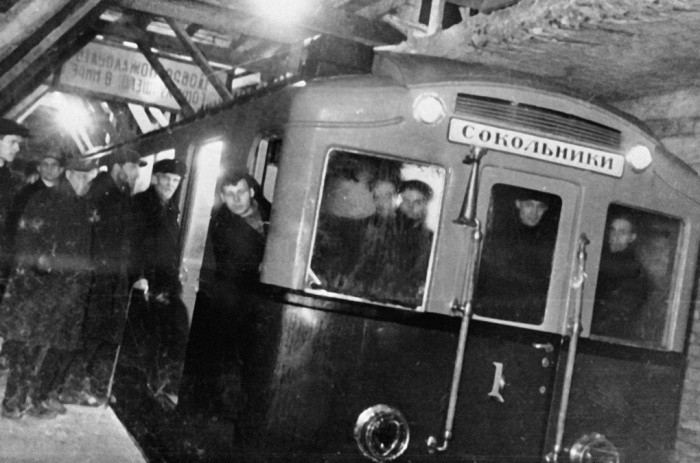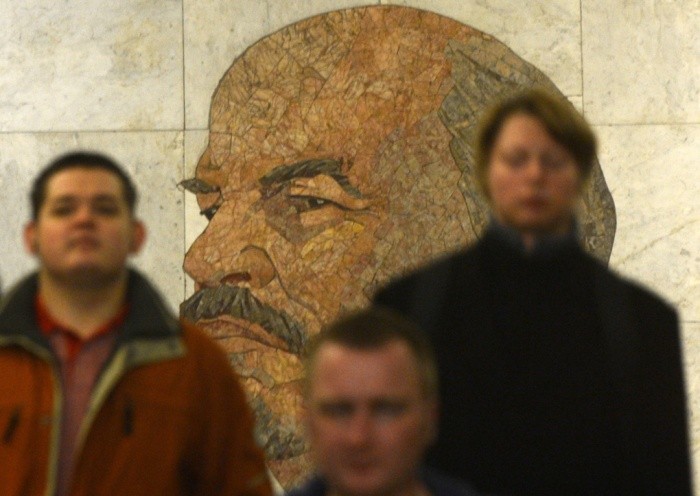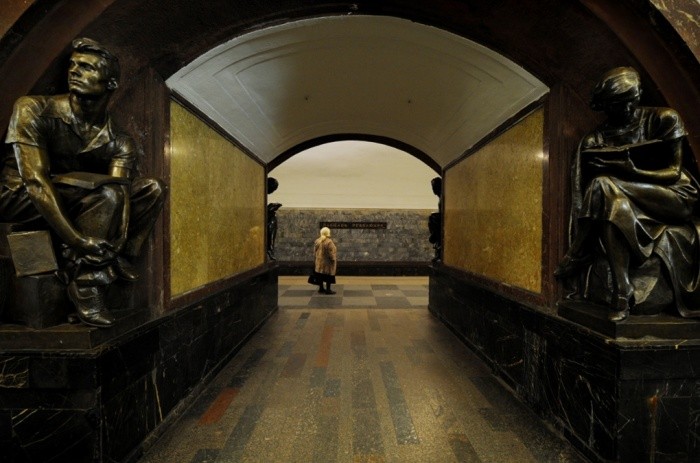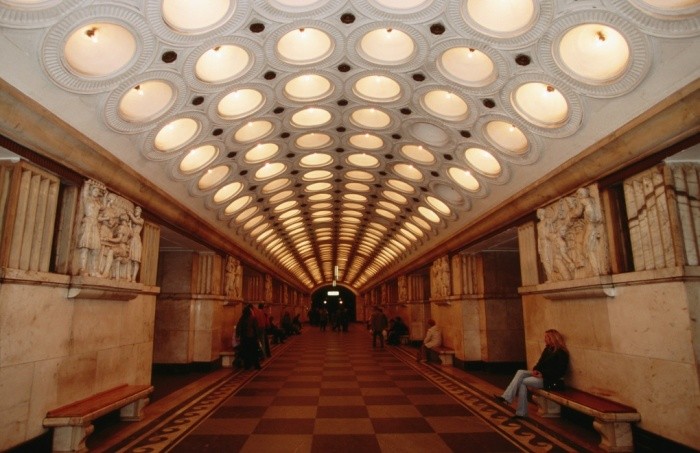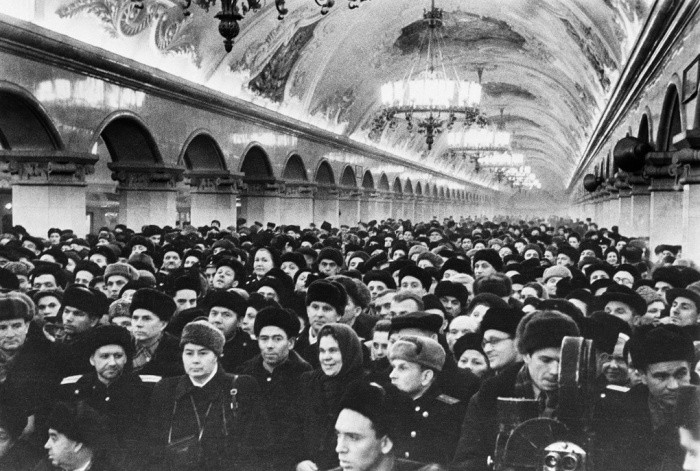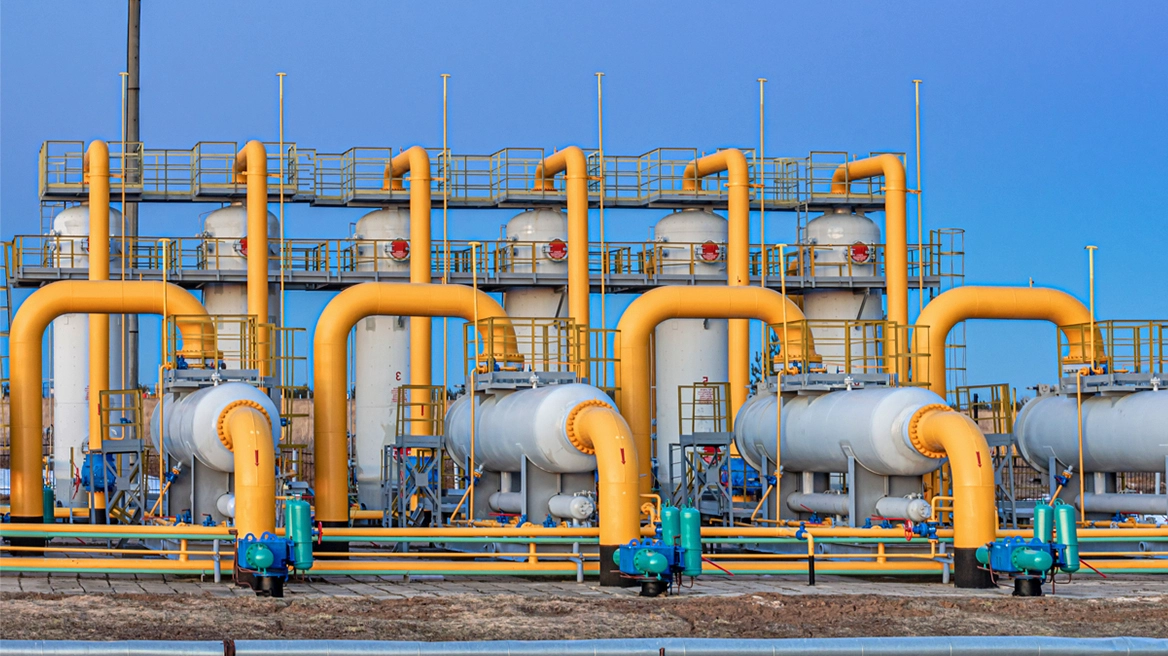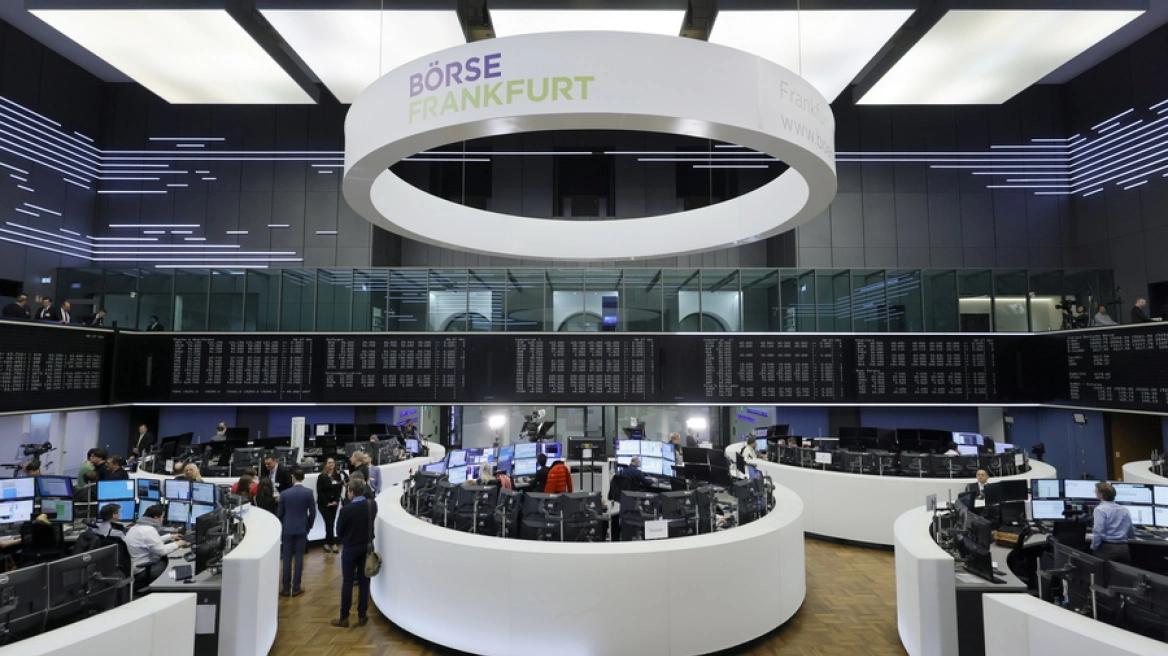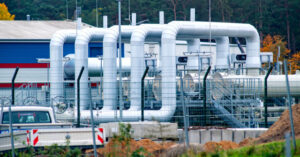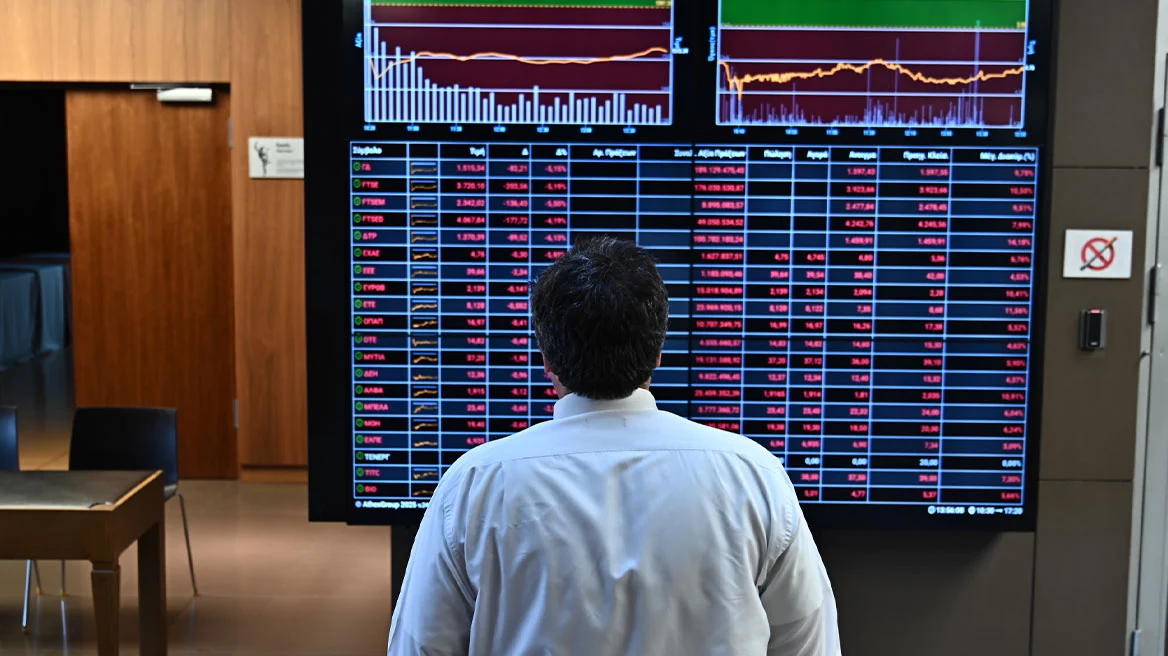The Moscow metro celebrated its 80th anniversary this month. When it first opened to the public in 1935 it served as a showcase of Stalin’s “Brave New World”, combining state-of-the-art mass transport and opulence with a politically skewed artistic and architectural design favored by the dictator’s regime.
The Guardian recently called the Moscow metro a “subterranean Communist paradise: its chandeliers, marble, intricate mosaics and heroic statues created an opulent space that was accessible for the city’s workers.”
The period of “de-stalinization” saw a retreat from the “workers’ paradise” motif, while the 1970s and 1980s were characterized by the uniform design and function applied to most transit systems elsewhere. Nevertheless, the recent Putin era has seen a revival in the grandiose style.
As with the rest of the Soviet and then, again, Russian capital, the metro has grown many fold. It now transports up to nine million passengers every day, with ongoing expansion plans aimed to make it the s fourth largest subway system in the world by 2020.
For any visitor to Moscow the metro and its pre-WWII stations are a must see.
Ask me anything
Explore related questions
